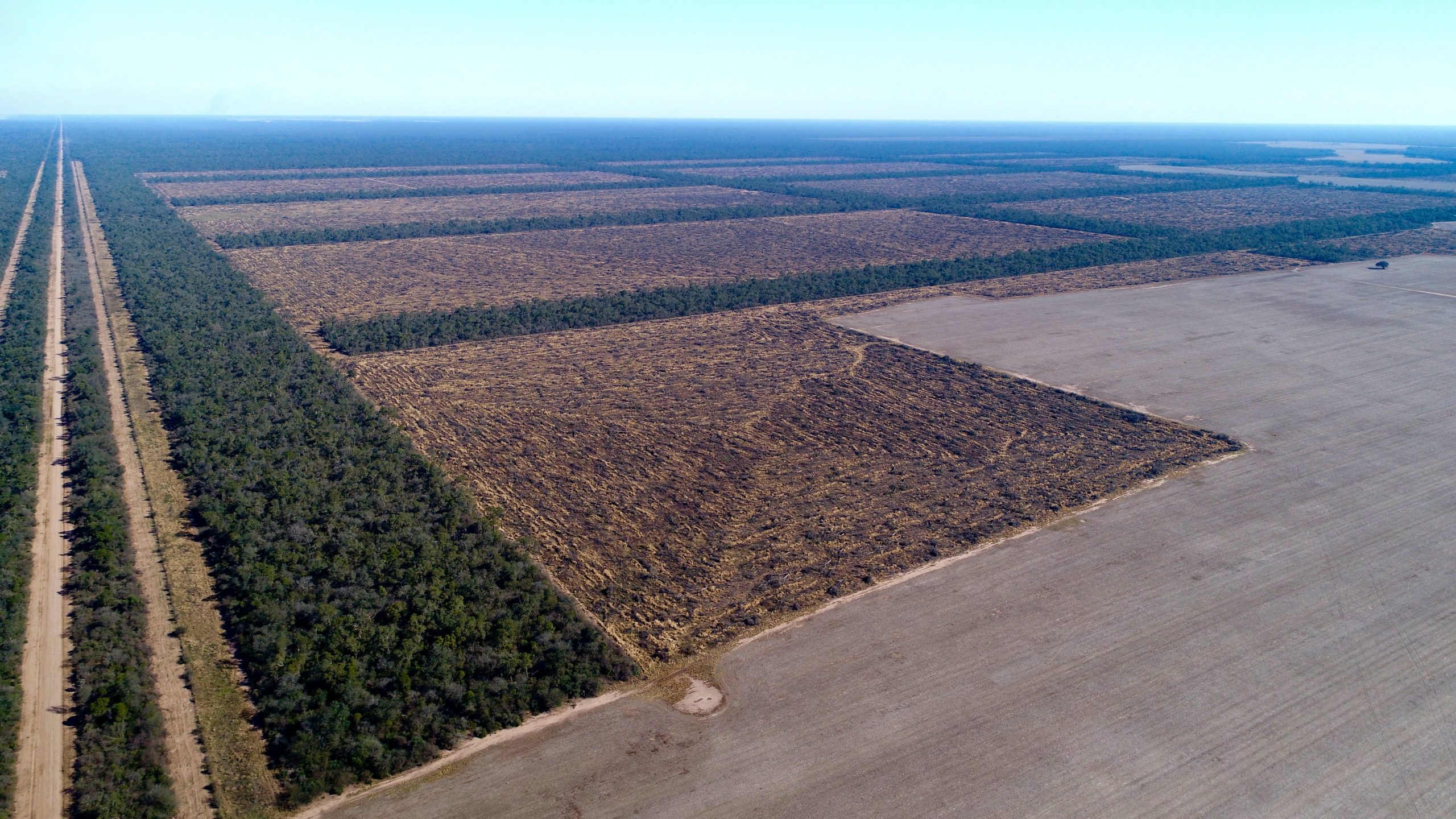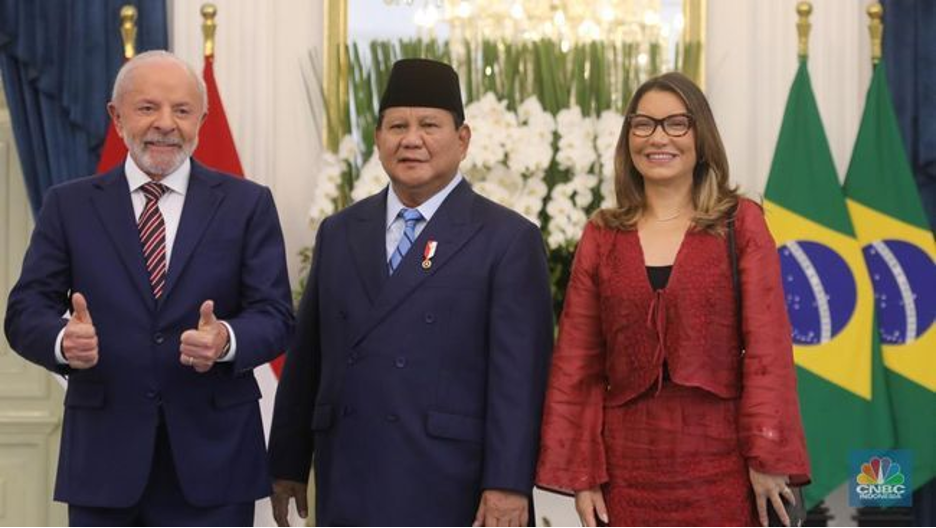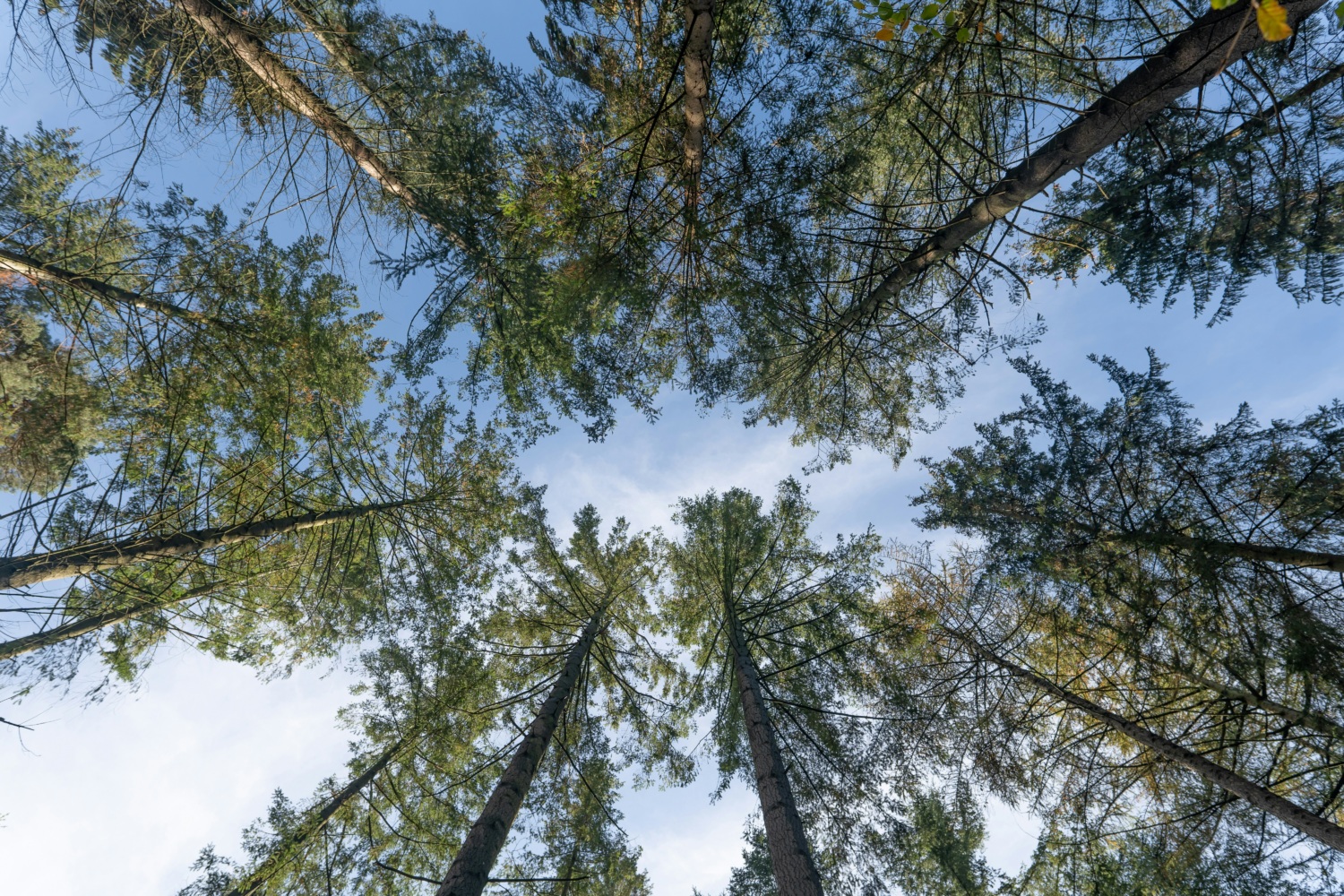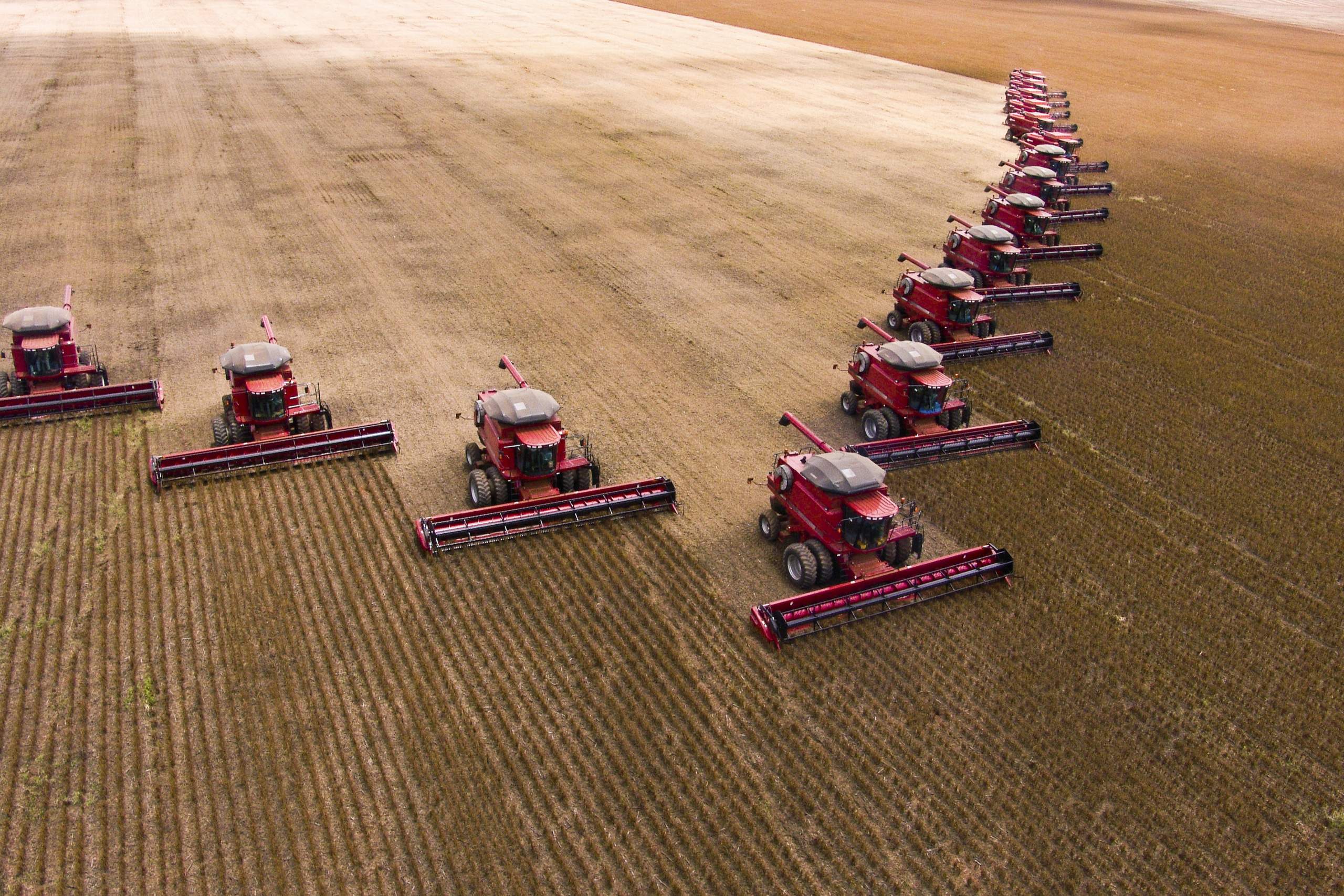
New Investigation Finds Vast Deforestation, Fires, Public Health Impacts Driven By European Meat Industry

Europe imports the majority of its soy from Latin America, which was about 27.9 million tons of soy and soybean products in 2016. This soy is sent to feed and meat processors and used to raise the livestock for the chicken, pork, beef, eggs, and dairy sold by many European supermarkets and restaurants. Companies like Carrefour, Lidl, Marks & Spencer and Aldi have a responsibility to ensure to their customers that they are not selling meat or dairy raised on this soy.
Our investigation found links to American agribusinesses, Cargill and Bunge, two of the primary companies driving many of these harmful practices. These companies import large quantities of soy into Europe. We previously documented Cargill and Bunge driving massive deforestation for soy in the Brazilian Cerrado and Bolivian Amazon Basin in an earlier investigation. These companies have resisted efforts to expand deforestation-free production.
Investigation
For the investigation, the researchers used satellite mapping to identify areas of ongoing, rapid deforestation and found large areas of the Gran Chaco biome being cleared and burned for soy production. The Gran Chaco is an extraordinarily biodiverse ecosystem, home to native species such as the jaguar, screaming hairy armadillo, and giant anteater, as well as indigenous communities like the Ayoreo, Chamacoco, Enxet, Guarayo and many others.
The research field team visited twenty sites in the Chaco undergoing deforestation for soy. The team documented the destruction by aerial drone, as well as on-the-ground interviews with farmers and local community members. The team encountered massive soy plantations, fires set to level native forests and vegetation, and burnt and cleared habitats. See here for images and videos from the investigation (all images are available for download and use).
“The level of destruction was astounding. We documented bulldozers in action clearing large areas of intact forests and grasslands, as well as huge fires billowing smoke into the air,” said Mighty Earth Policy Director Anahita Yousefi. “While the Gran Chaco has traditionally received less attention than other biomes like the Brazilian Amazon, it’s a vitally important ecosystem and there’s no reason to destroy it.”
Hidden Middlemen
The investigation found that American agribusinesses Cargill and Bunge, the two companies we documented driving massive deforestation for soy in the Brazilian Cerrado and Bolivian Amazon Basin in a previous investigation, were also identified as major purchasers of this soy. Both Cargill and Bunge have public sustainability policies, but when we contacted them about our report findings, they failed to provide any information about the level of traceability in their supply chain. Without sufficient traceability, these companies cannot know the true origin of the soy they purchase. Cargill and Bunge have failed to put in place meaningful mechanisms to ensure that they are not driving these harmful practices.
“As long as the soy traders don’t take immediate action to end deforestation, it becomes the responsibility of companies within the meat industry, retailers and investors to demand that the soy traders guarantee deforestation-free soy. Investors like the Norwegian Pension Fund Global should take strong action towards portfolio company Bunge because of their repeated failure to address deforestation,” said Rainforest Foundation Norway’s policy advisor, Ida Breckan Claudi.
Human Impact
In addition to the environmental destruction, the team found significant public health impacts and social conflicts driven by this industrial soy production. Many of the communities living near these plantations, including indigenous peoples who fully depend on the forest, have had their land encroached upon by new soy plantations, and in many cases have been forced off of the land their families have lived on for generations. In addition, these communities have experienced sharp increases in public health issues like cancers, birth defects, miscarriages, and other illnesses linked to the heavy pesticides and herbicides like glyphosate used to grow soy, often sprayed by planes directly overhead.
“The EU is a leading importer of commodities grown on land that has been illegally cleared of its forests. This is disastrous for forests, people and the climate. The heavy use of pesticides in producing these commodities is also seriously damaging peoples’ health. The EU has regulated its imports of illegally sourced timber and fish. It is time for it to do the same with forest risk commodities, so that they are free from deforestation, land grabs and other human rights abuses,” said Nicole Polsterer, Fern’s consumption campaigner.
A Proven Alternative
Ultimately, the destruction happening in the Gran Chaco of Argentina and Paraguay is completely avoidable. There are more than 650 million hectares of previously cleared land across Latin America, where agriculture could expand without threatening native ecosystems. In Brazil, the soy industry, including Cargill and Bunge, implemented the Brazilian Soy Moratorium more than a decade ago. This system shifts new production to already cleared lands and has been extremely successful in almost entirely eliminating deforestation for soy in the Brazilian Amazon. Unfortunately, this initiative has been confined just to the Brazilian Amazon, allowing deforestation to continue at scale in Argentina, Paraguay, and Bolivia, and the Brazilian Cerrado.
Mighty Earth, RFN, Fern, and a coalition of other organization are calling on soy companies to immediately extend this success in eliminating deforestation to other soy-growing regions in Latin America, including the Gran Chaco, as well as the Bolivian Amazon and Brazilian Cerrado.


